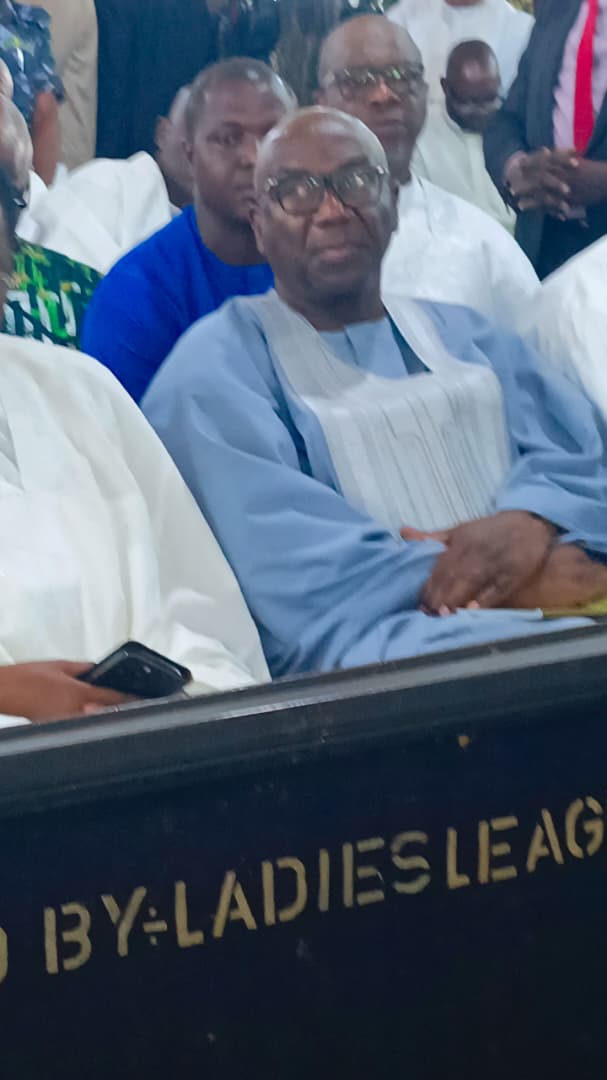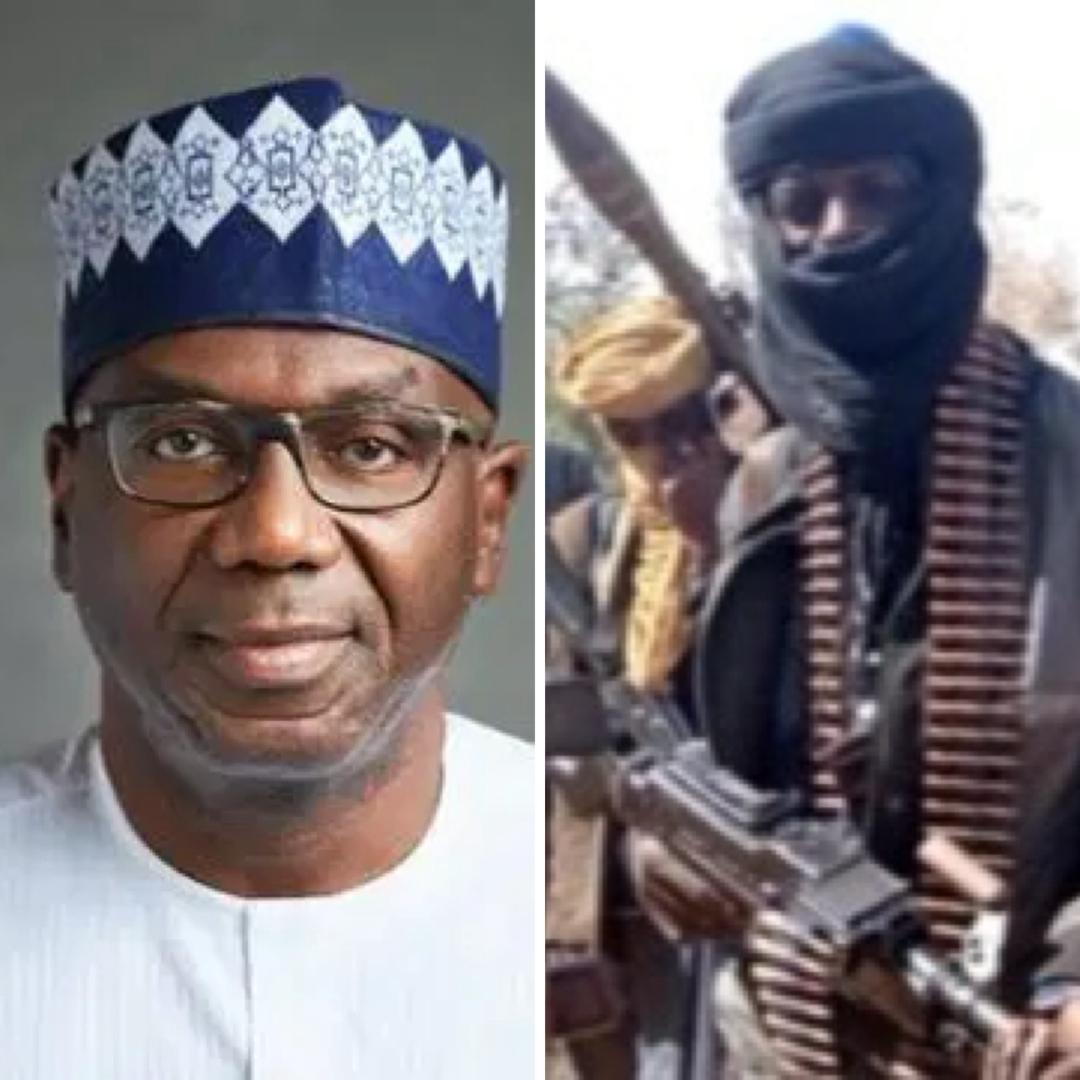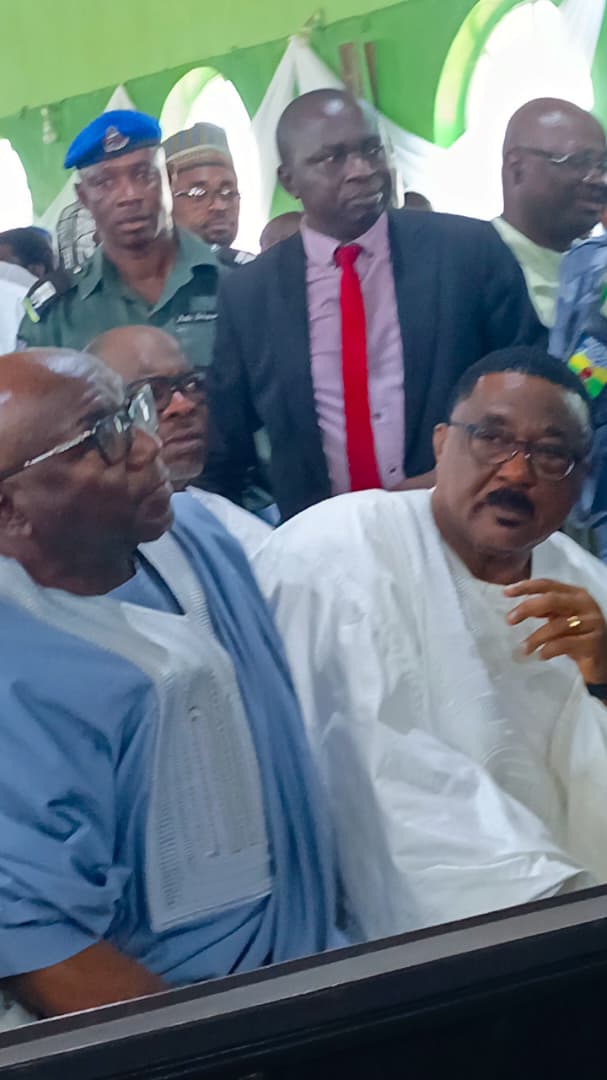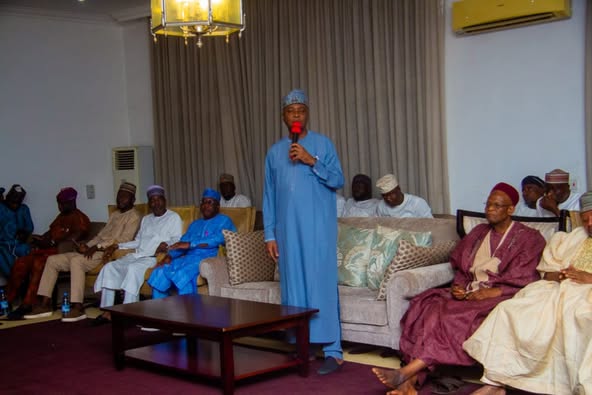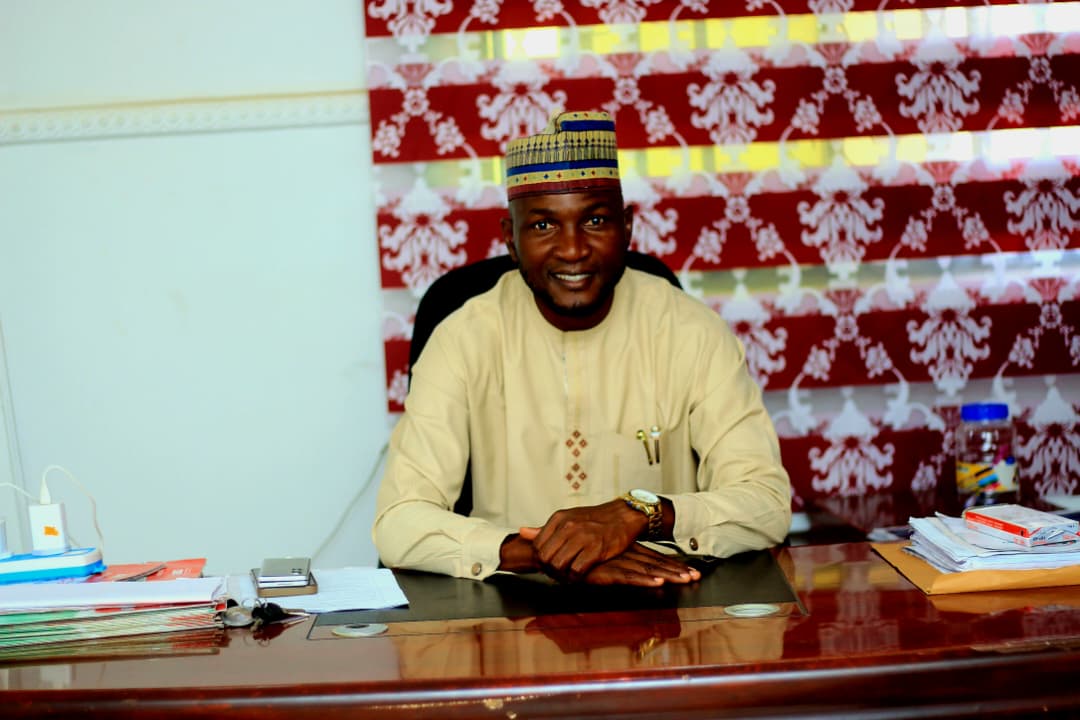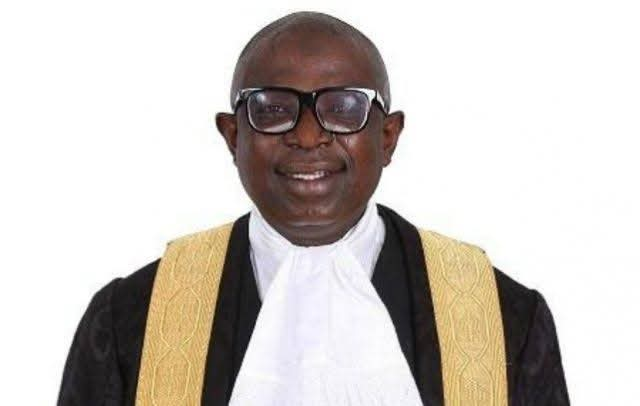Priorities and Propriety in Kwara State: The Kwara Hotel Tragedy

By Abdulyekeen Mohd Bashir
A construction site worth ₦22.8 billion shouldn’t be lacking in safety requirements or mired in controversies, according to all public accountability rules. Unfortunately, the tragic events happening at the Kwara Hotel restoration site, which has claimed a third life in as many days, prove otherwise. Amidst a State already struggling with socio-economic issues, this circumstance brings up more than just dust, it prompts basic enquiries like leadership, openness, and the value of human life.
The company that the Abdulrahman AbdulRazaq government entrusted with this so-called showpiece project, Craneburg Construction Company, is at the centre of this catastrophe. Not only has the tragic loss of lives put Craneburg in the spotlight, but the monument has also come to represent governmental indifference, dubious purchasing policies, and a deliberate effort to ignore popular opinion.
We should start from the beginning. Concern was voiced by residents of the State when the proposal to renovate the Kwara Hotel initially surfaced with an exorbitant budget. Questions about why almost ₦18 billion should go to a single hotel were asked everywhere: in town halls, on social media, media houses and in the state’s understaffed hospitals, young unemployment is rampant, and public schools do not have enough furnishings.
Analysts’ views were mocked, Civil society voices were silenced, writers’ positions were shunned, opponents were ignored, yet the administration pressed ahead, deaf to the people’s wisdom and oblivious to their more important demands.
Reliable sources claimed that the project, which reportedly started at ₦3 billion at most ₦5b, unexpectedly grew to controversial ₦22.8 billion. The initial contractor who dared to question this inflation was apparently intimidated, a stark reminder of the cost of pursuing openness in today’s Kwara. As George Orwell famously noted, “In a time of universal deceit, telling the truth becomes a revolutionary act.
”Then followed the deaths. One, two, and now three lives have been lost within a single week. A barrier fell, workers were killed, and protests ensued. Craneburg stayed mute, the state administration offered vague, formulaic statements, and the public is left asking: How can a project of this magnitude fail basic safety protocols? Where was the oversight? Why is the death of a labourer, any labourer, treated so lightly, like a fallen brick?
The workers’ demonstrations are more than noise; they are a signal flare. Their grievances suggest underpaid wages, hazardous working conditions, and a clear disregard for labour laws. When construction workers, people who practically build our future, switch tools for placards, it signifies a severe rot in the system. This is no longer simply about building renovation, it’s about a government that looks to put concrete over conscience.
Even more distressing is the absence of Kwara-based artisans and skilled labourers from the project. Reports indicate that most of the skilled labourers are brought from outside the State, breaking a local content rule approved by the Kwara State House of Assembly, which prohibits the use of resident personnel. This is not only an economic blunder; it is a constitutional transgression.
Governor Abdulrahman AbdulRazaq now owes the people more than condolences, he owes them accountability, not in scripted press briefings or flashy PR signboards, but in open, corrective action. Who inflated this contract?Why is Craneburg working with impunity? What safety inspections have been carried out since the first fatality? And finally, what is the value of a Kwara life? Because, for some in the corridors of power, life seems to be worth less than a perimeter fence.
As the Yoruba aptly phrased it, “Asiri ti tu”, the secret is out. What lay hidden beneath billions in paperwork and bureaucratic murk is being exposed by the blood of innocent workers. The “development” we were promised has instead become a funeral march. Unless quick reforms and justice follow, the spirits of the dead will remain, and history will see this not as progress but as betrayal clothed in concrete.
As Chinua Achebe warned, “One of the truest tests of integrity is its blunt refusal to be compromised.” This moment deserves more than grieving; it demands a reckoning.
Abdulyekeen Mohd Bashir, a Kwara-born political analyst writes from Ibadan.
